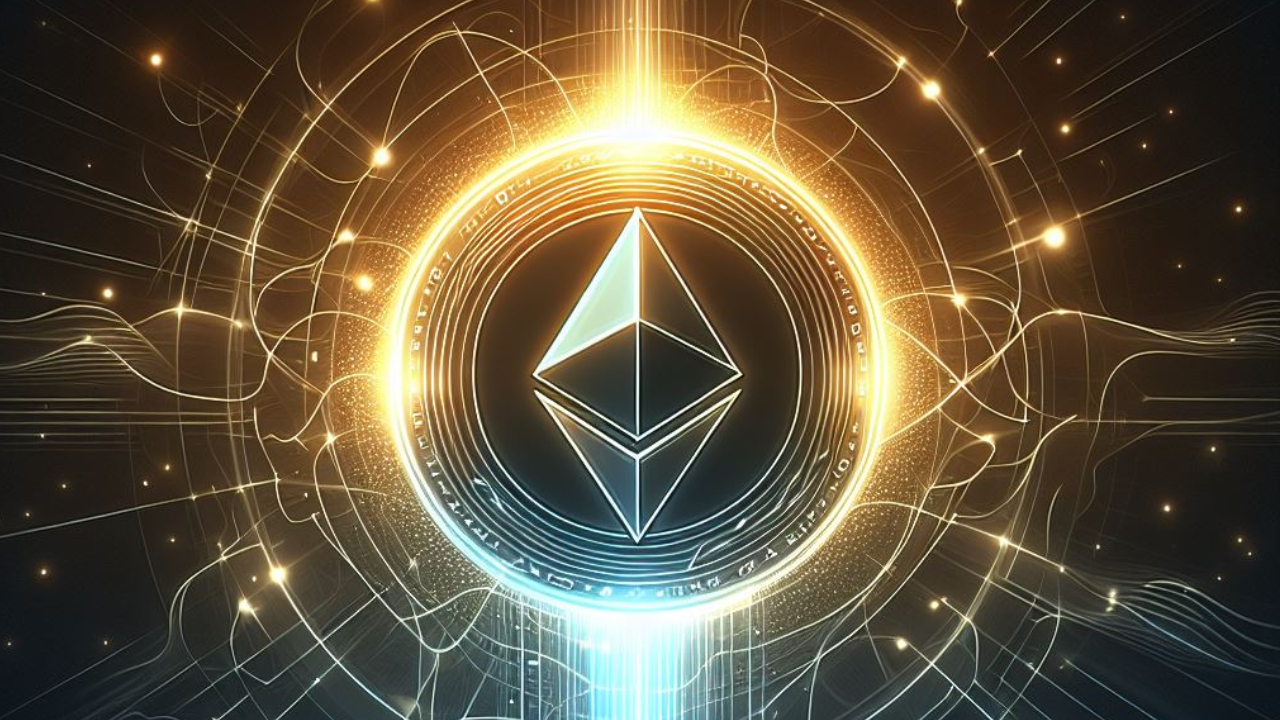In the realm of cryptocurrencies, Ethereum stands out as more than just a digital currency – it’s a decentralized platform that has opened up a whole new world of possibilities. If you’re new to the crypto space, understanding Ethereum might seem like a daunting task, but fear not – we’re here to break it down for you in simple terms.
What is Ethereum?
At its core, Ethereum is a blockchain-based platform that enables the creation and execution of smart contracts. While Bitcoin introduced the concept of a decentralized currency, Ethereum takes it a step further by allowing developers to build decentralized applications (DApps) on its blockchain.
Smart Contracts:
Think of smart contracts as self-executing agreements with the terms of the contract directly written into code. These contracts run on the Ethereum blockchain, ensuring transparency, security, and automatic execution when predefined conditions are met. Essentially, smart contracts eliminate the need for intermediaries, streamlining processes and reducing the risk of fraud.
Decentralized Apps (DApps):
Unlike traditional applications that run on centralized servers, DApps operate on a decentralized network of computers, ensuring that no single entity has control over the entire system. This decentralized nature brings enhanced security, censorship resistance, and transparency to applications ranging from finance and gaming to social media.
Ether (ETH):
While Bitcoin(BTC) is the most famous cryptocurrency in the world, Ethereum also has Ether (ETH). Ether serves as the native currency of the Ethereum platform, used to facilitate transactions, pay for computational services, and incentivize network participants, including developers and miners.
Ethereum in Action:
Let’s say you want to create a decentralized crowdfunding campaign for a project. With Ethereum, you can use a smart contract to set the rules for the campaign, collect funds, and automatically distribute them to contributors when the project reaches its funding goal – all without the need for a centralized crowdfunding platform.
Ethereum has opened the doors to a decentralized future, where individuals can transact, interact, and build applications without relying on centralized authorities. Its innovative use of smart contracts and DApps has sparked a wave of creativity and possibilities in the blockchain space.
As you explore Ethereum, keep in mind that it’s not just about the value of Ether; it’s about the transformative power of decentralized technology. Whether you’re a developer looking to build the next groundbreaking DApp or someone simply curious about the future of finance and technology, Ethereum offers a glimpse into a decentralized world where trust is coded, not assumed.
Disclaimer: The content contained herein is for informational and educational purposes only. Virtual asset prices are subject to high market risk and price volatility. The value of your investment may go down or up, and you may not get back the amount invested. You are solely responsible for your investment decisions, and we are not liable for any losses you may incur. You should only invest in products you are familiar with and where you understand the risks. You should carefully consider your investment experience, financial situation, investment objectives and risk tolerance and consult an independent financial adviser prior to making any investment. Past performance is not a reliable indicator of his/her future performance. Content on our platform does not contain advice or recommendations. This material should not be construed as financial/investment advice.

